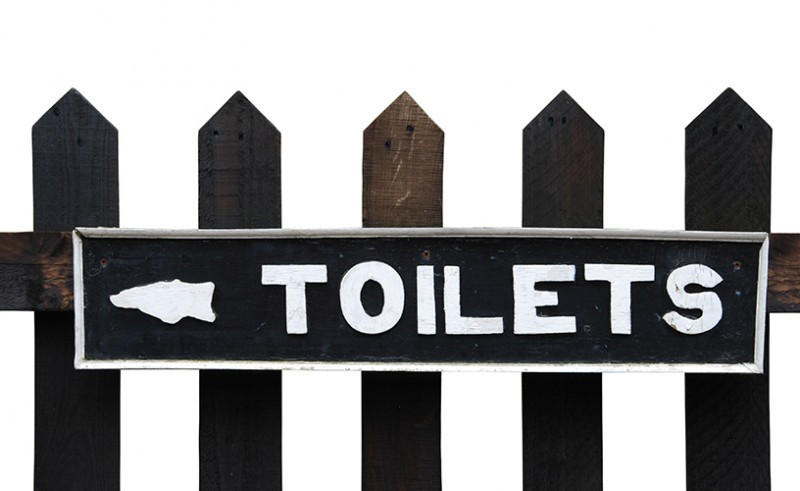November is Bladder Awareness Month, which is a good thing, but heightened awareness really isn't necessary for anyone already suffering with incontinence or urinary tract infections (UTIs). They are already well aware they have a bladder, and nothing could be ‘badder' than a bladder that isn't functioning properly. It can be as embarrassing as it is painful. When we're talking about incontinence related to the bladder, we're talking about the inability to control the evacuative functions of urination, as defined by Merriam-Webster. Oftentimes this can show up in leakage, which is why sufferers sometimes end up having to rush to the rest room for obvious reasons, such as right after polishing off two or three cups of coffee. About a third of all adults ages 30 through 70 suffer from urinary incontinence to one degree or another, but it is treatable, and often without need for medications or surgery. However, lifestyle and diet changes are in order. ‘Urinary incontinence is embarrassing and isolating, says Dallas nurse practitioner Shanna Atnip, leader of the Society of Urologic Nurses and Associates Continence Special Interest Group, quoted at health.com. People may stop participating in activities they like to do, which can even lead to obesity. And why is obesity bad for the bladder? Because the extra weight can mean pressure being exerted against the bladder, an oft-ignored, balloon-shaped organ made mostly from muscle. Urine is produced in the kidneys and flows into the bladder through tubes known as ureters. A few other facts and tips about the bladder that are good to know, courtesy of the Urology Care Foundation:
- Four to eight trips a day to the bathroom to urinate and up to twice a night is considered normal.
- On average, the bladder can hold about two cups (16 ounces) of urine.
- Women have shorter urethras than men, and they are more likely to get a bladder infection because bacteria from outside the body can get into the urinary system more easily.
- Drink lots of water—six to eight cups a day is recommended.
- Go easy on caffeine and alcohol. Remember, not everything you drink is created equal. Caffeine and alcohol can irritate your bladder. Keep in mind—most teas and soft drinks are loaded with caffeine.
- Women should sit on the toilet when urinating—don't just crouch and hover over the seat.
- Don't be in a rush once you have arrived at the urinal or toilet. Take the time to evacuate your bladder completely, however long it takes. After all, you're putting the 'fire' out, what's the hurry?
- Some foods can be troublesome for the bladder. Among those commonly mentioned by health experts are chocolate, and spicy or acidic foods such as tomatoes and oranges (anything citrus).
- Walking is good. Fluid retention in your legs can be causing you to urinate during the night more than you should, and walking during the day can help relieve that fluid buildup in your legs. This is especially helpful for people who are sedentary or have heart disease.
- Smoking is bad. About 50,000 people a year are diagnosed with bladder cancer, and tobacco use is a contributing factor.
- Do Kegel exercises—men as well as women. These strengthen the muscles for better bladder control. Google to find a website that tells you proper technique.
- Clean your genital and anal areas before and after sexual intercourse. This will reduce chances of bacterial infection.
- Keep a diary; know what you eat. If you are having bladder problems and feel that certain food items (you don't know which) might be the culprit, track your consumption of food and try taking certain foods out of your diet one at a time for a week or two to see what effect that has on your urination patterns. This is called elimination dieting, sort of like trial an error.
- Cranberry juice may help keep your bladder safe from infection.

